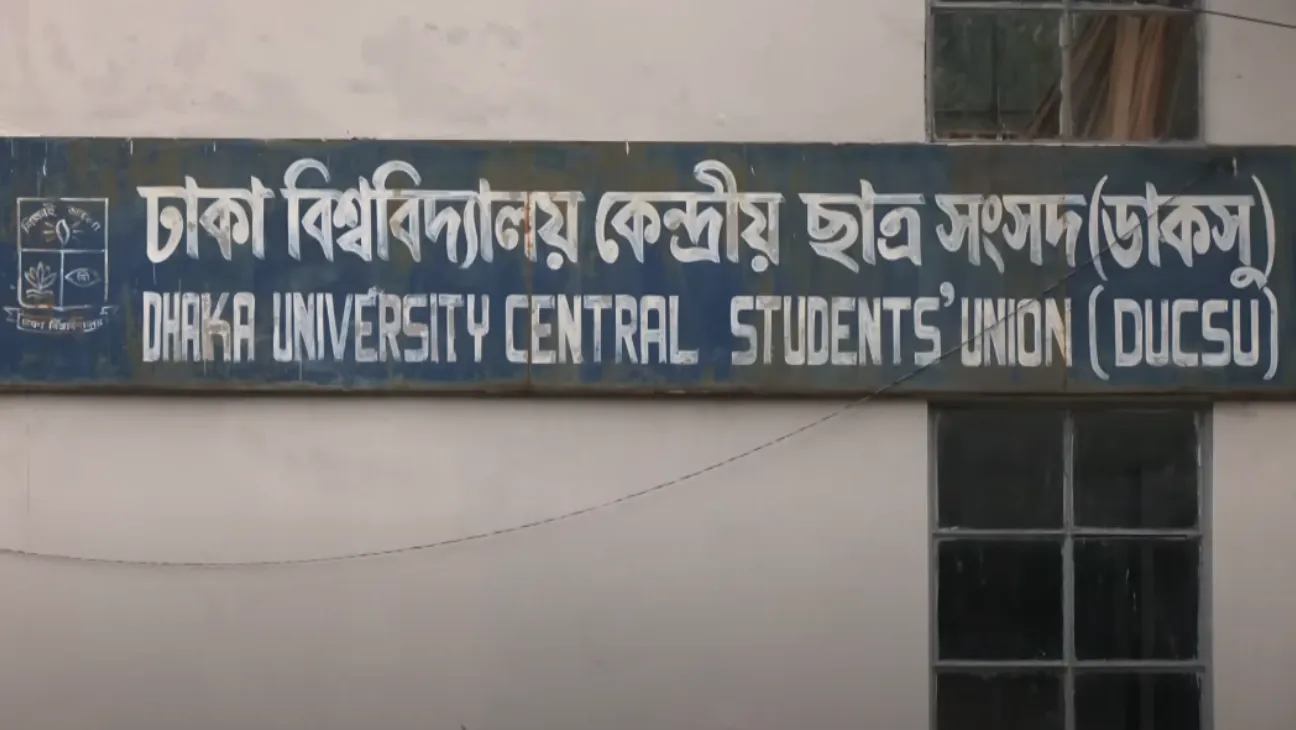Dhaka University has formally approved a revised version of its Dhaka University Central Students’ Union (DUCSU) constitution, clearing the way for long-awaited student elections.
The decision came during a Syndicate meeting on Monday (June 16), nearly a year after mass student protests in July reignited demands for democratic representation and reform within the university.
As part of the resolution, the university administration has appointed a 10-member election commission. The panel includes one Chief Returning Officer and nine Returning Officers who will oversee the electoral process.
The university’s Proctor confirmed that the vote is expected to take place by the end of July.
“We’ve run the numbers. It’s possible,” he said. “If we count from the day of schedule announcement, the process can be completed in about 35 to 40 days.”
This announcement, while significant, hasn’t entirely satisfied student groups.
Late Monday night, students who have been demanding the DUCSU revival responded with fresh pressure. They issued a five-working-day ultimatum for the university to update the voter list and publish an official election schedule.
One protester speaking to the press said, “We want the full manifesto and timeline within five working days. Realistically, the entire election process, from start to finish, must be wrapped up by the end of July.”
While the university’s timeline appears to match student demands on paper, tensions remain over details, especially eligibility rules.
According to the Syndicate’s decision, part-time or evening program students will not be allowed to contest in the election. Only full-time students enrolled at Dhaka University will be eligible to vote or run as candidates — a clause that has already sparked quiet concern among those who feel excluded by the rule.
The DUCSU, once a powerful platform for student voices and political engagement, has not held elections since 2019. Years of inaction, followed by waves of protest and negotiation, have placed unusual scrutiny on this year’s process.
There’s momentum now, but also impatience.
The next five working days may reveal whether the administration and student leaders are moving in sync — or still speaking in parallel. Either way, all eyes are on the July deadline.









